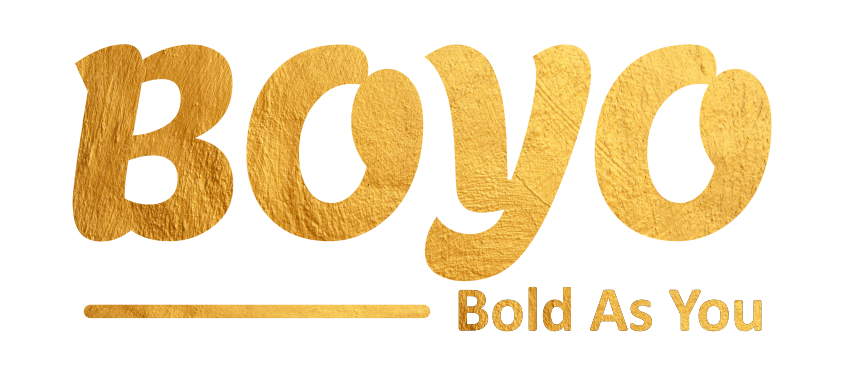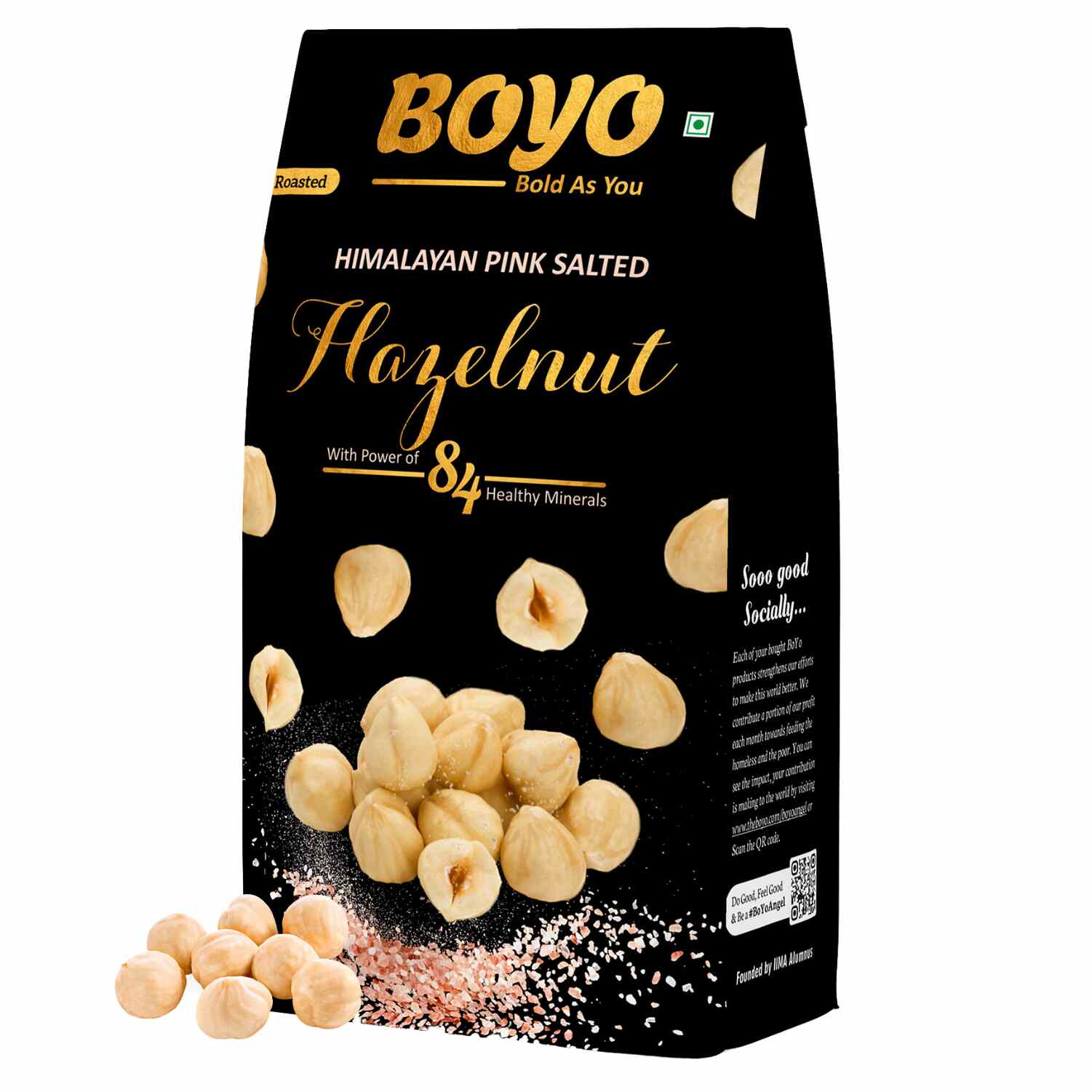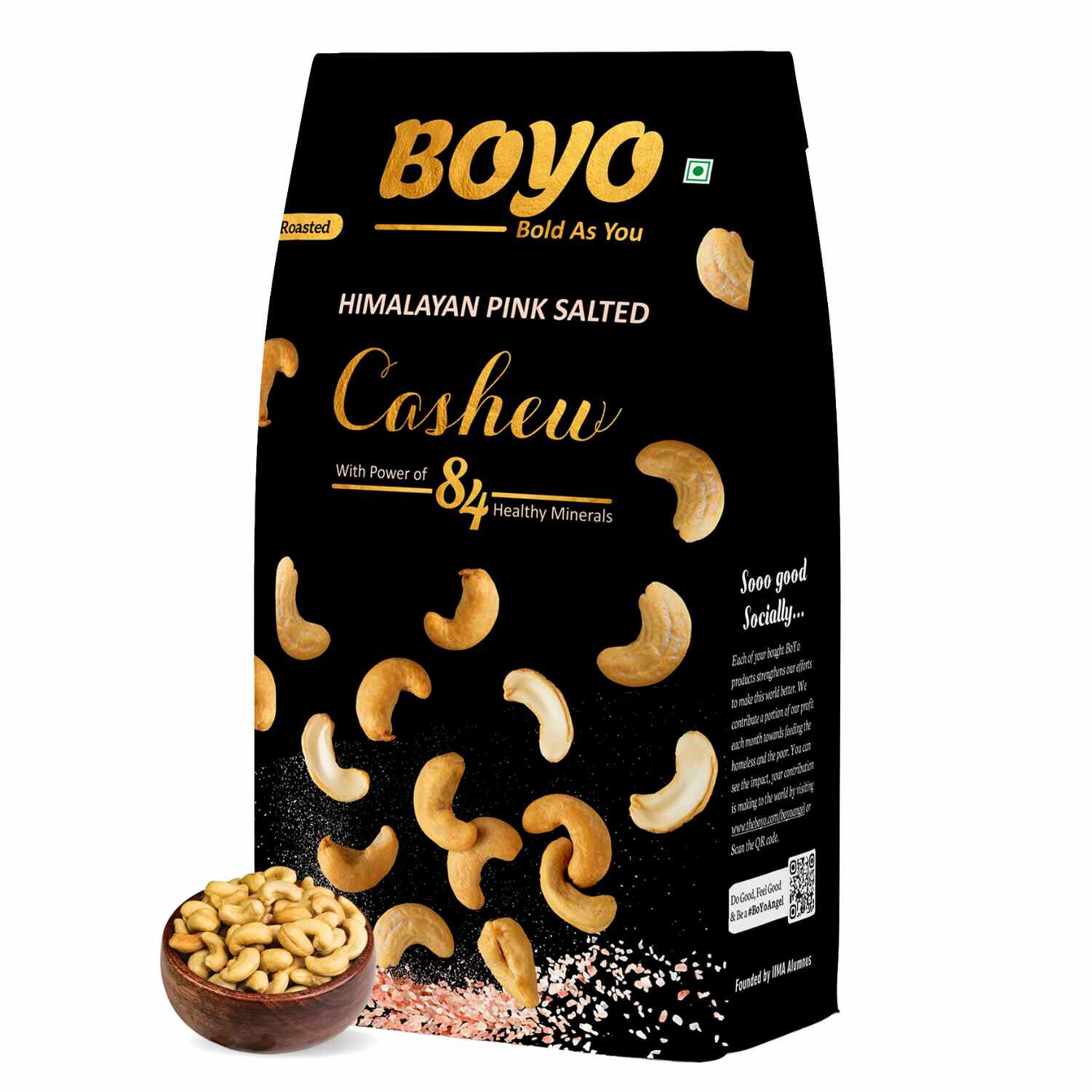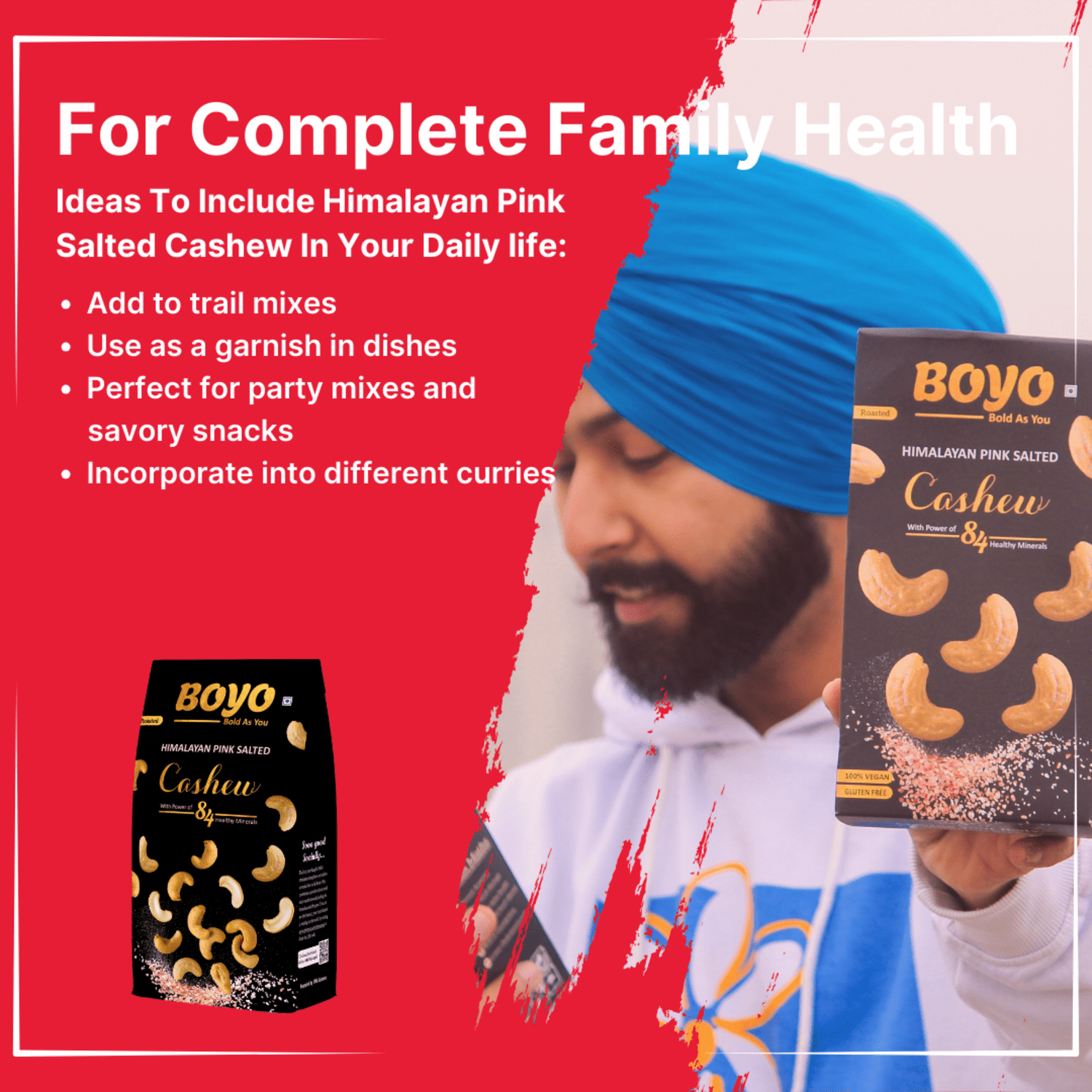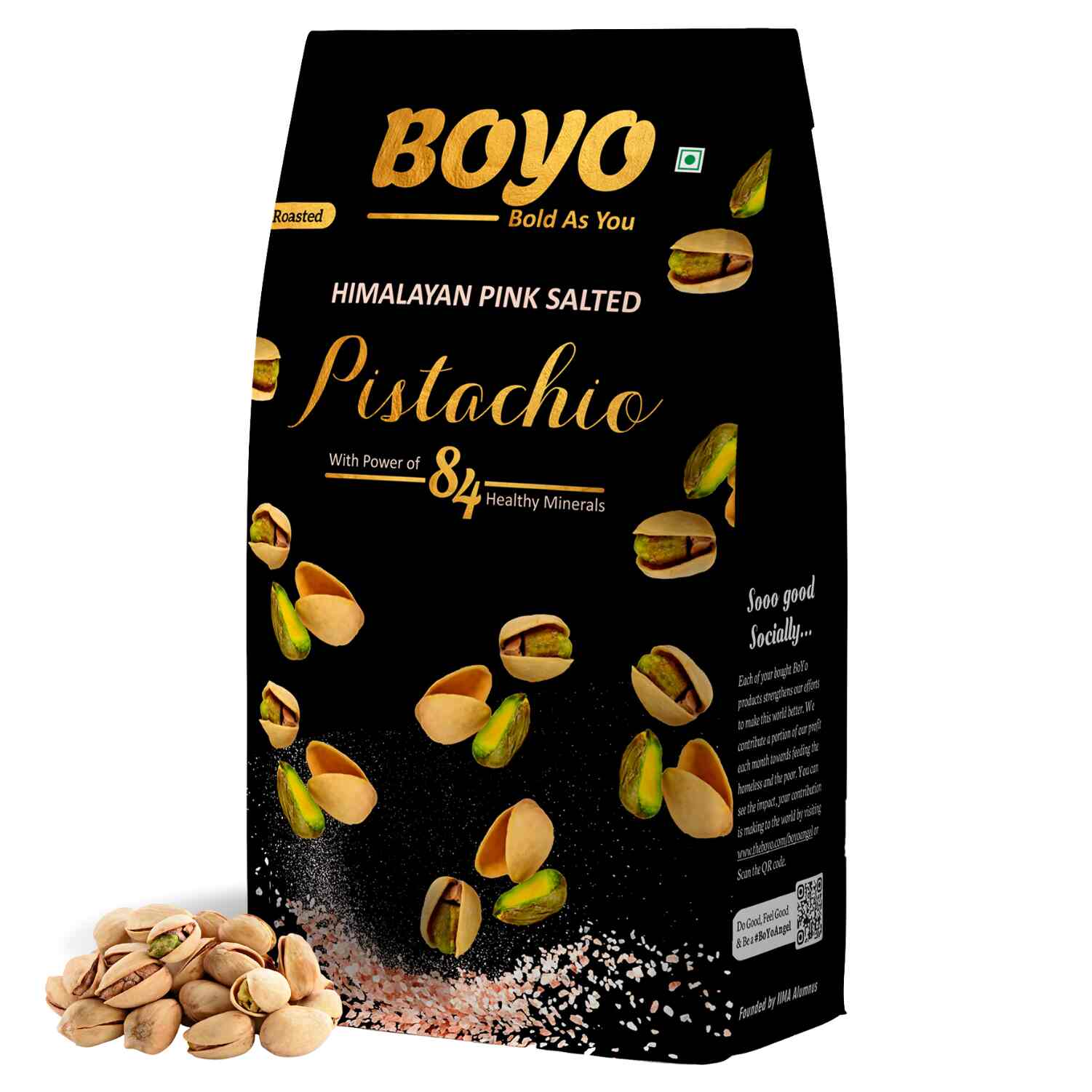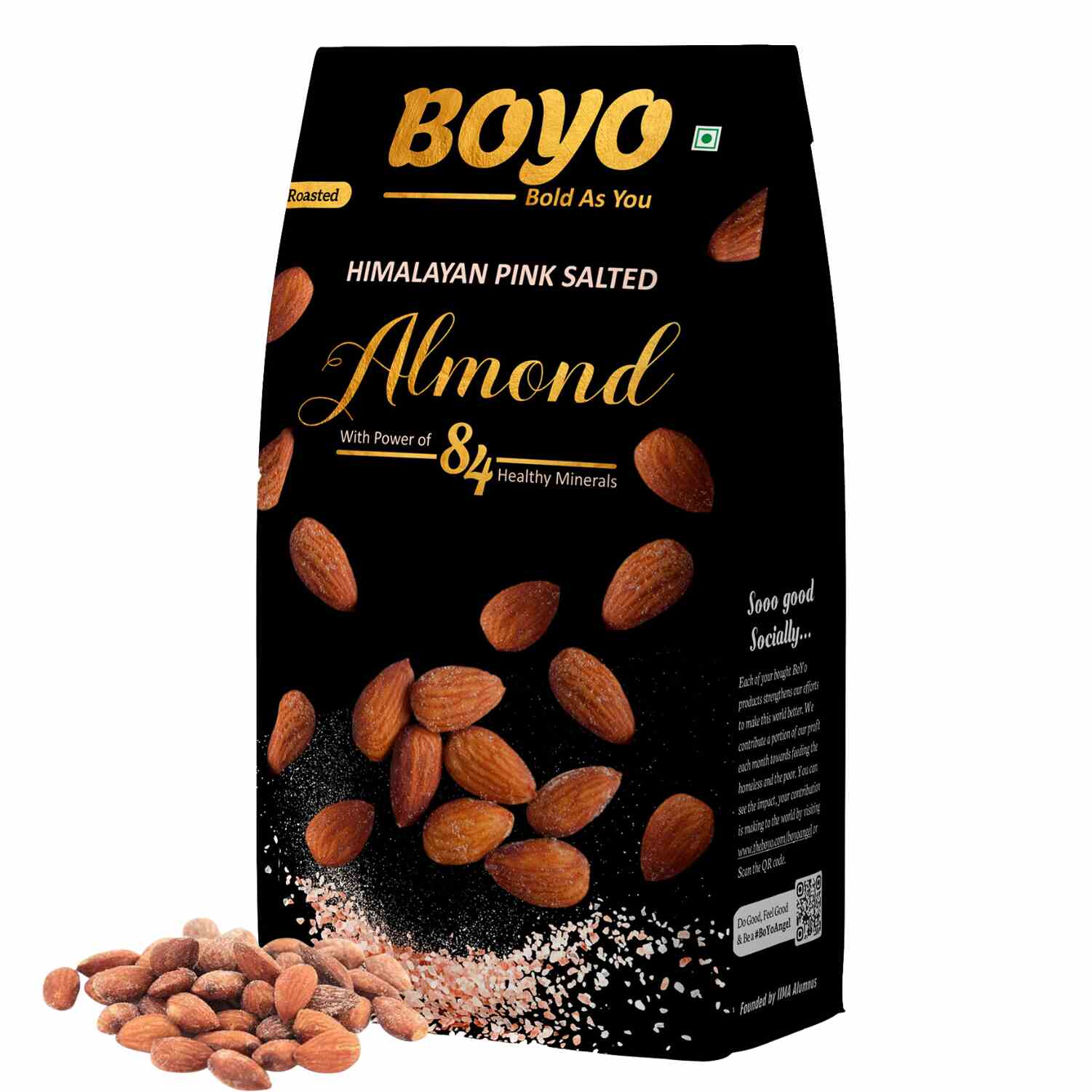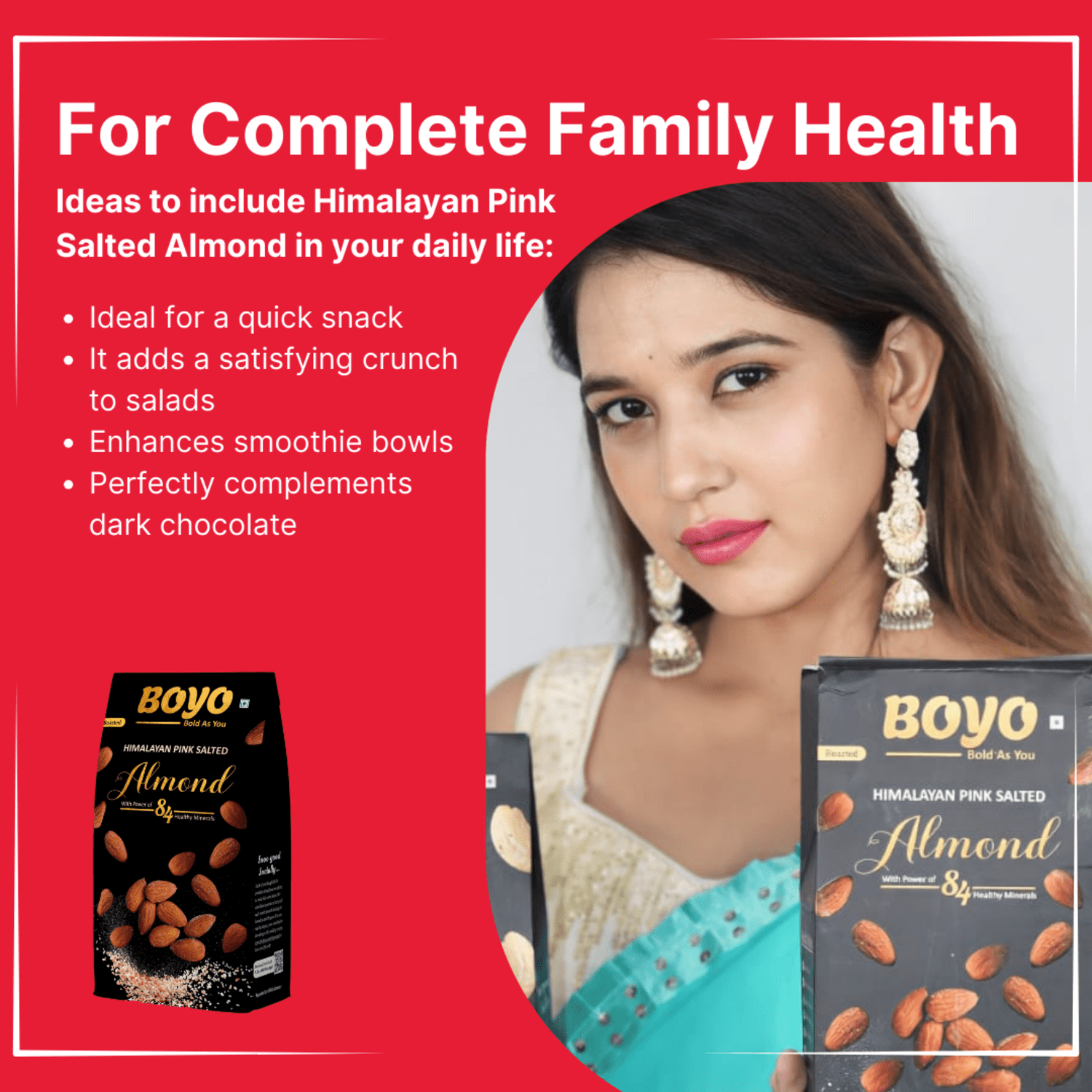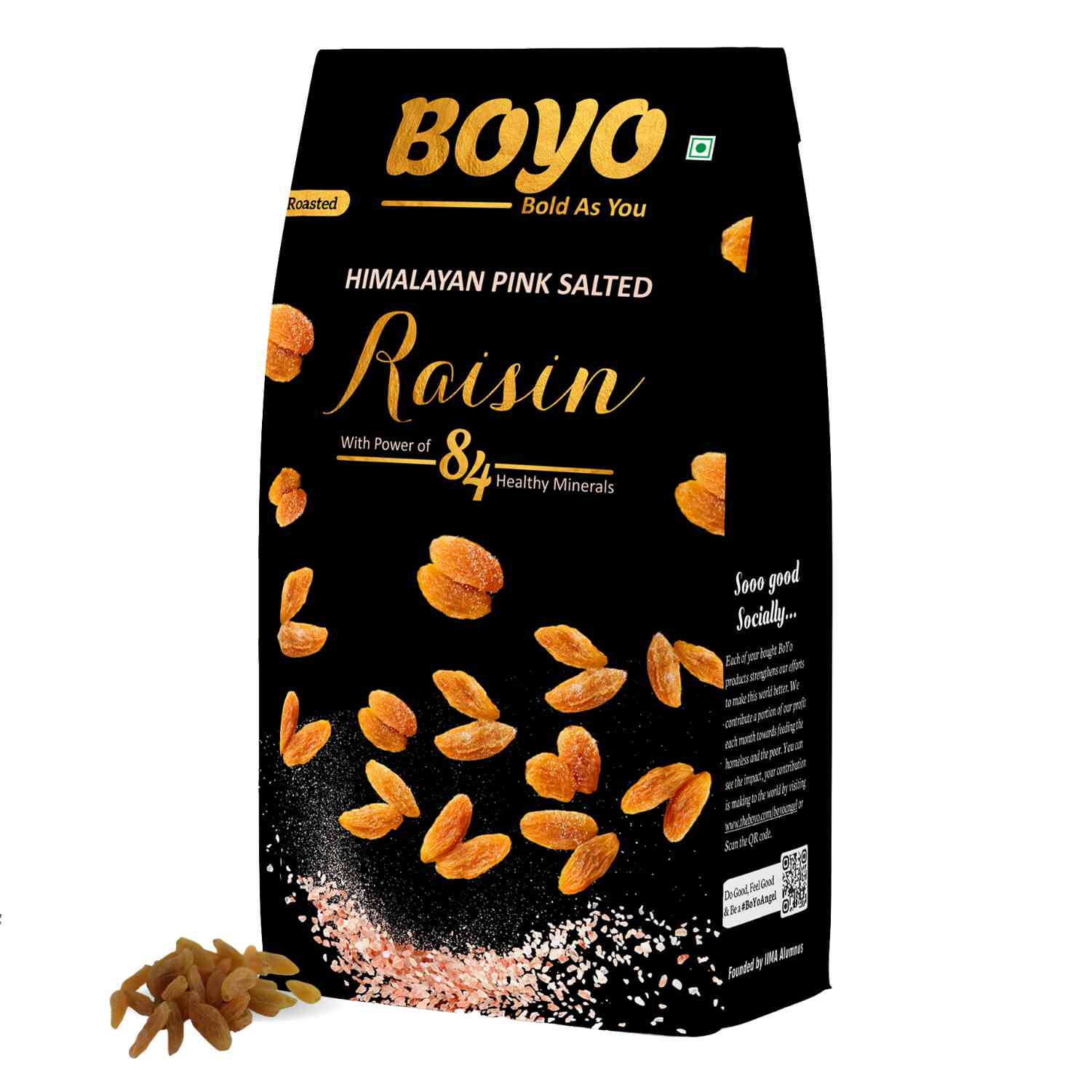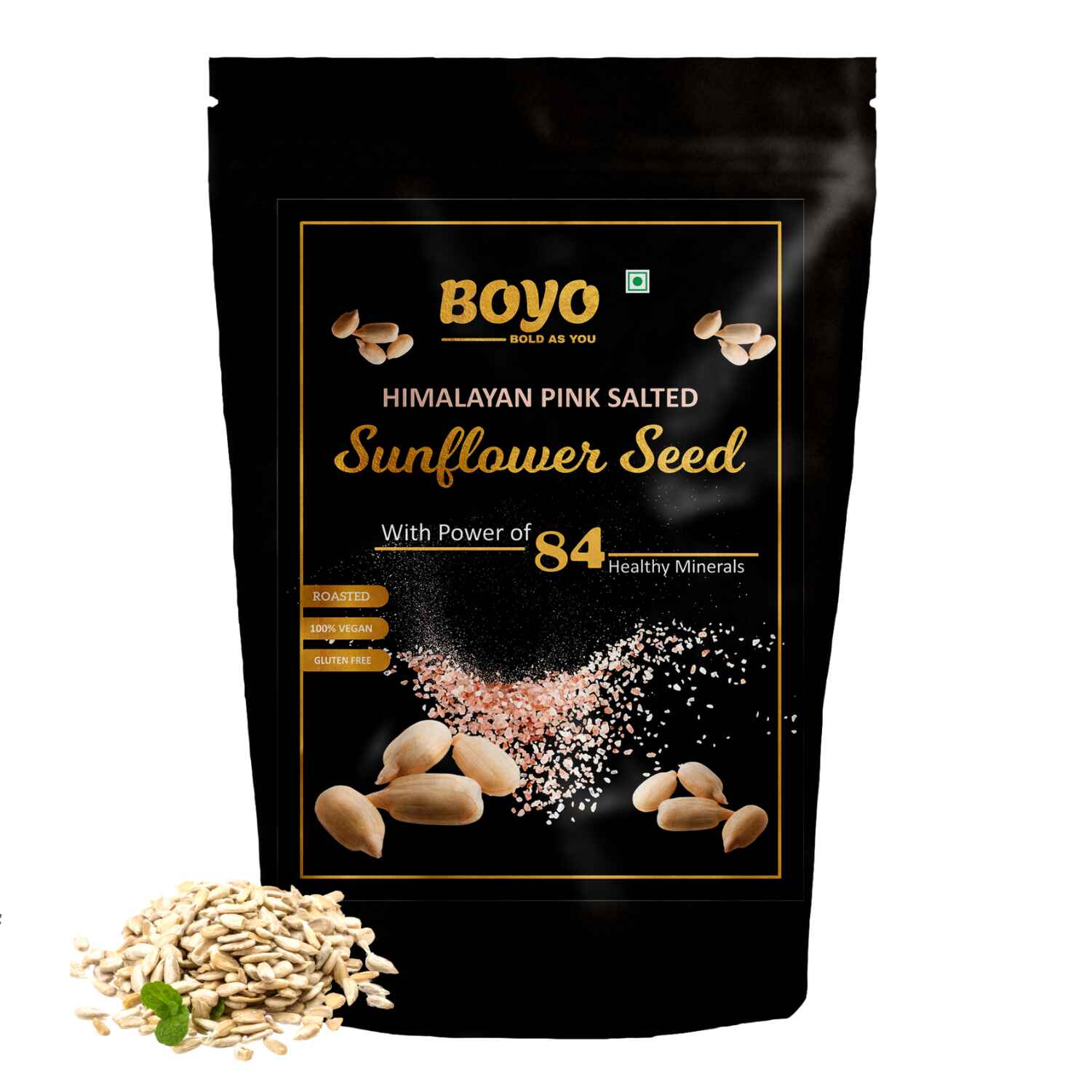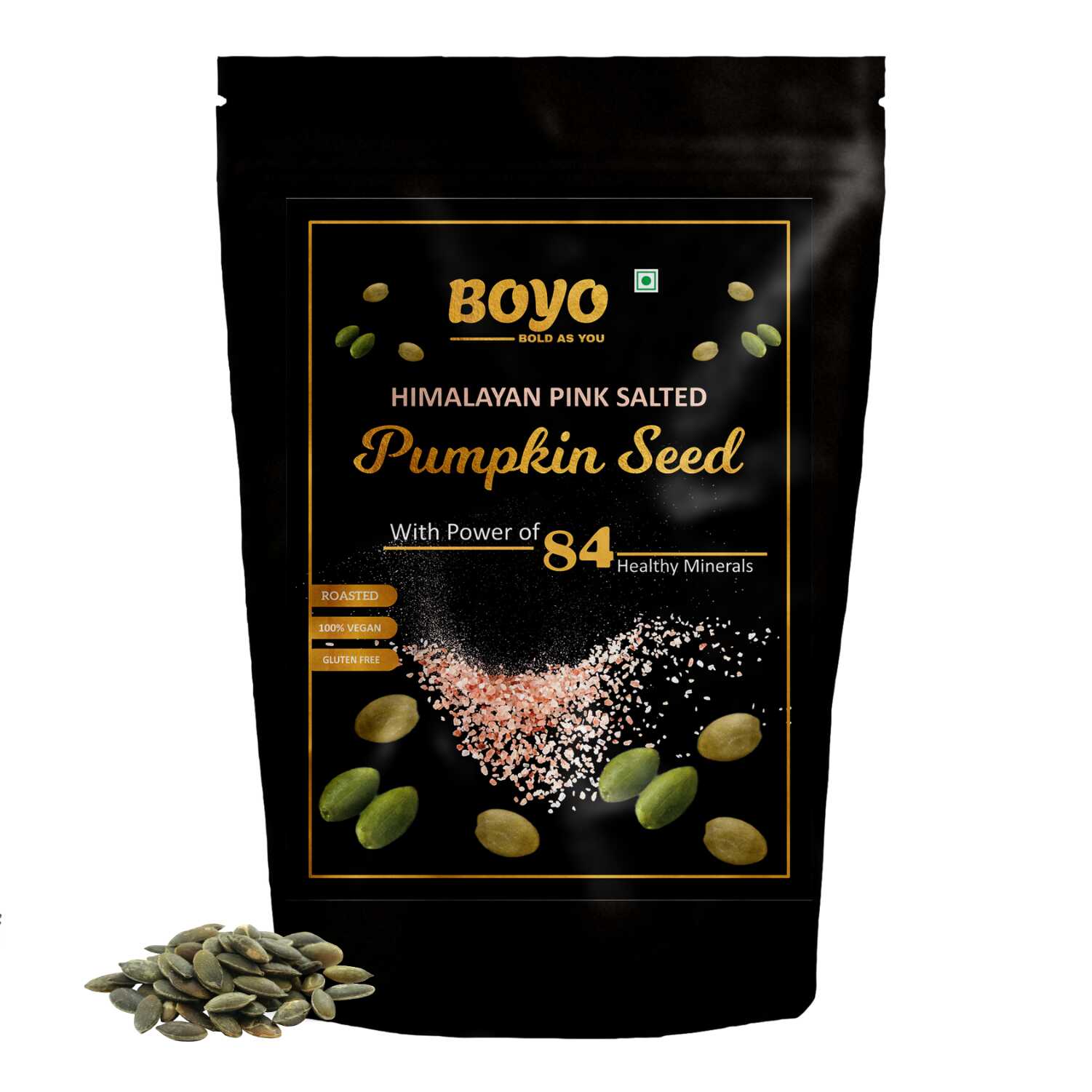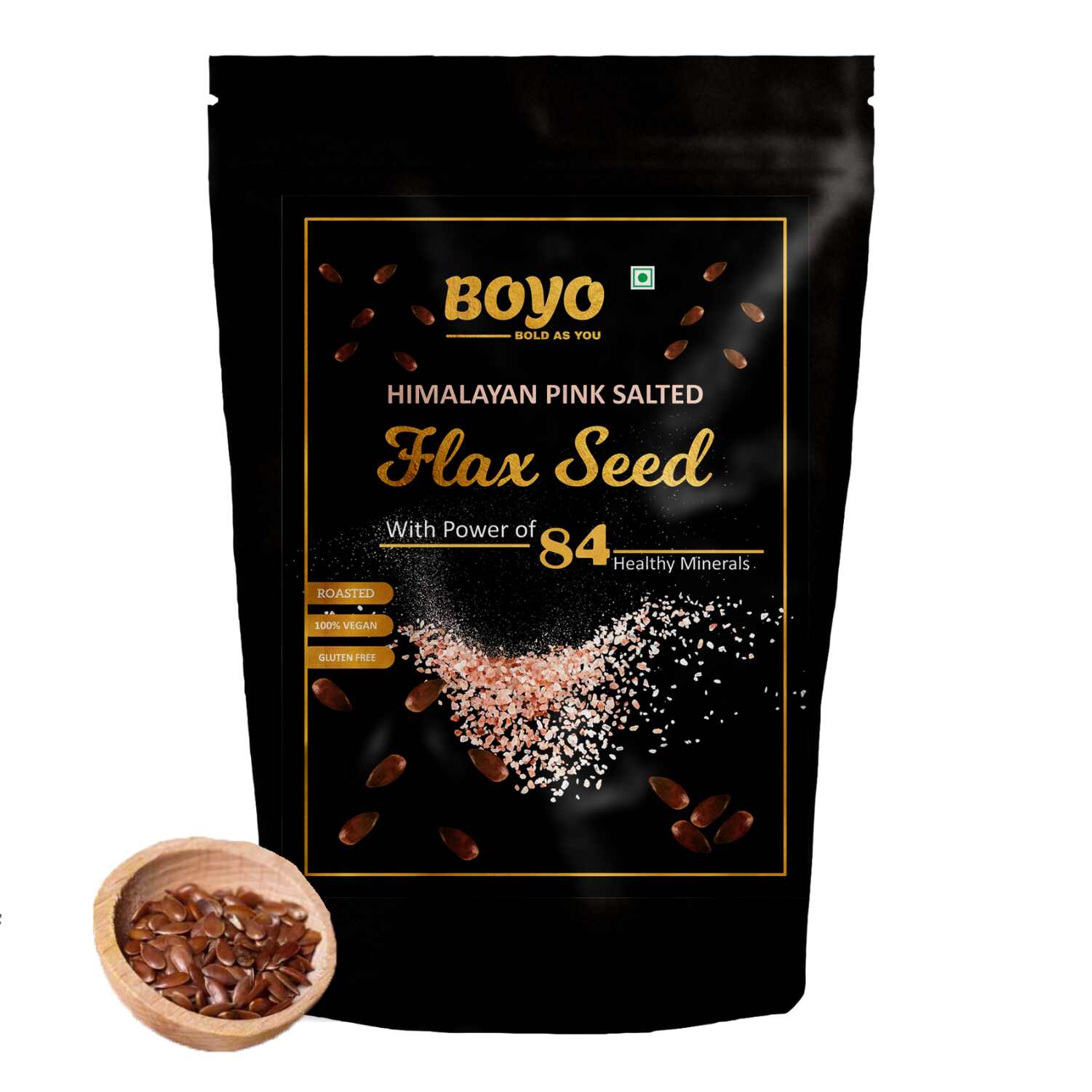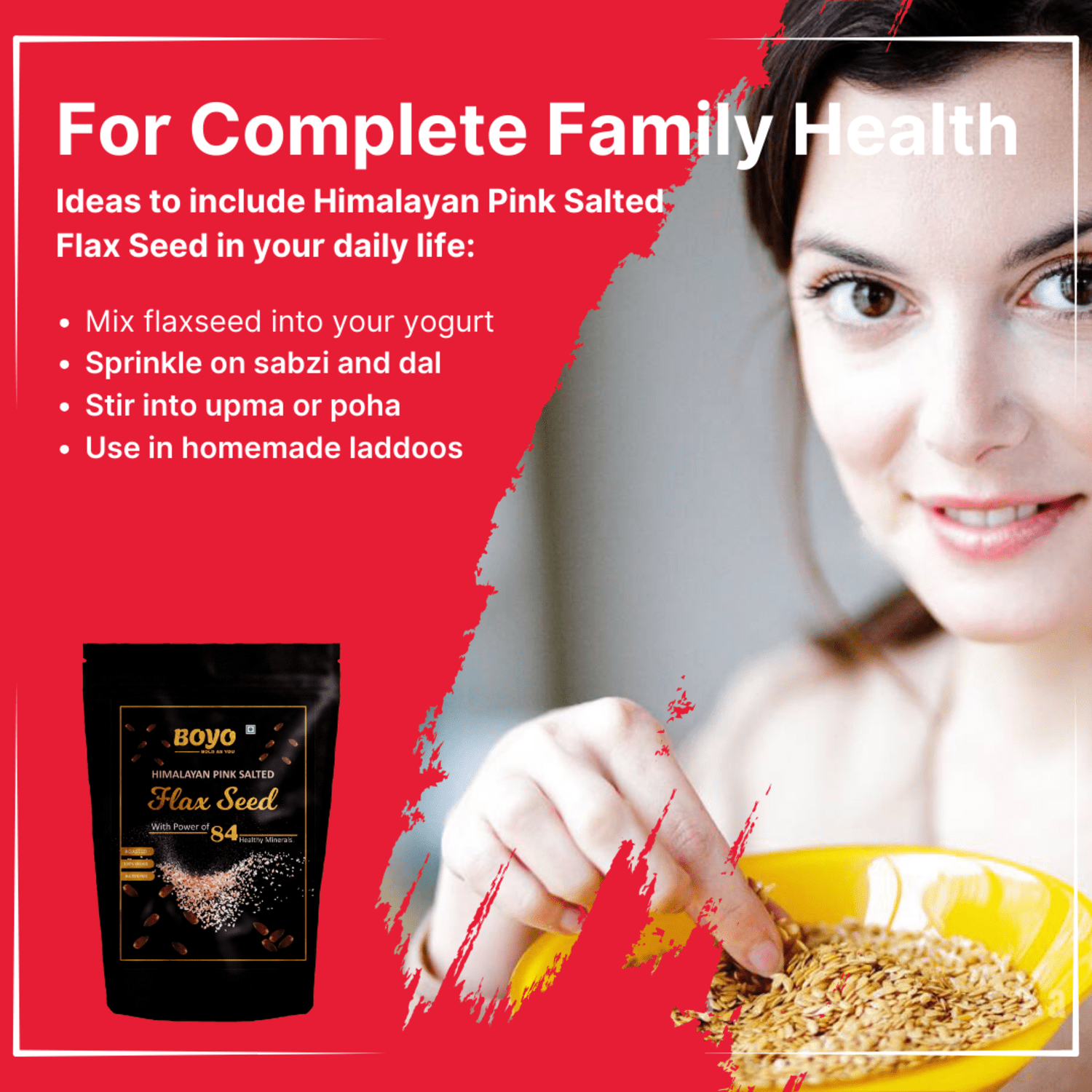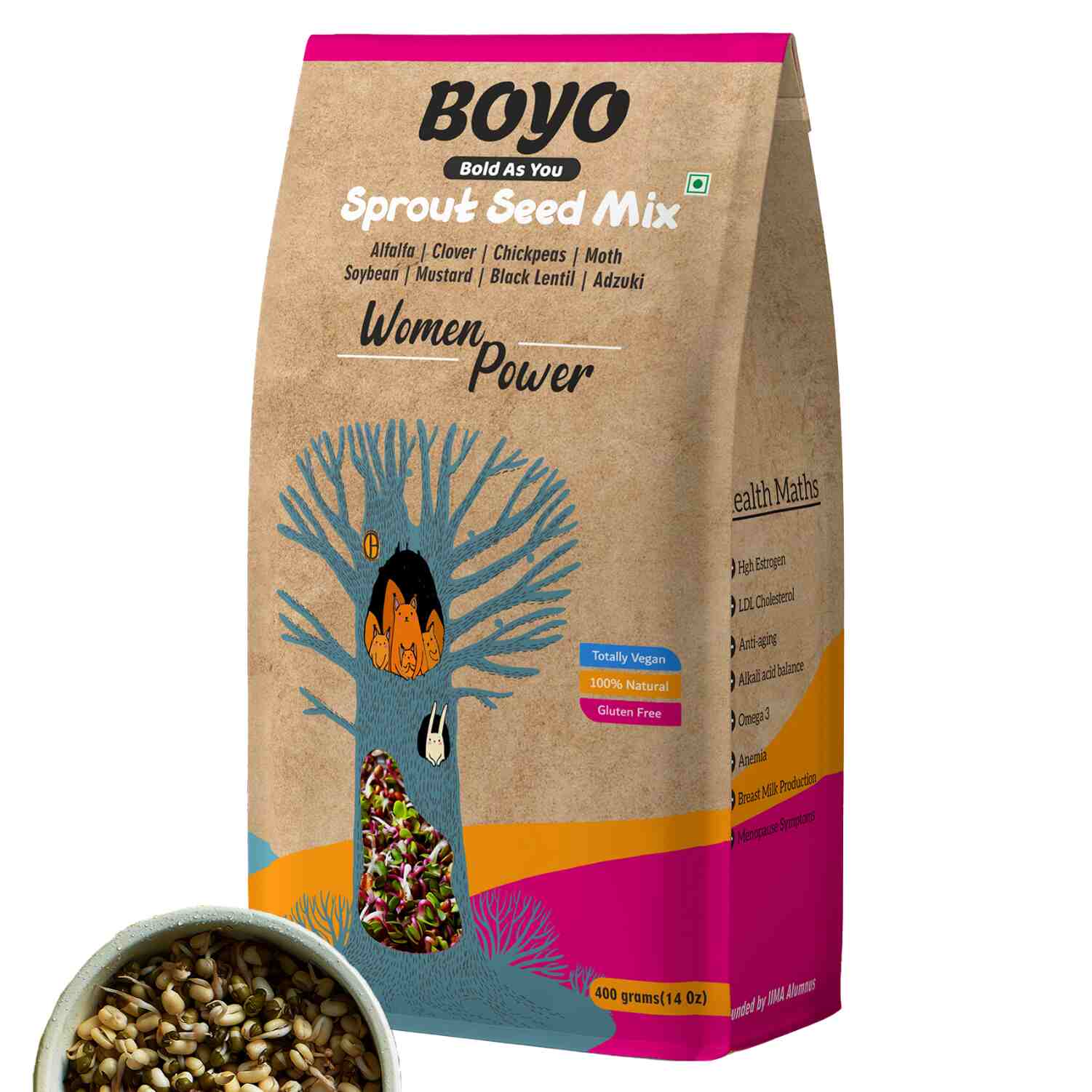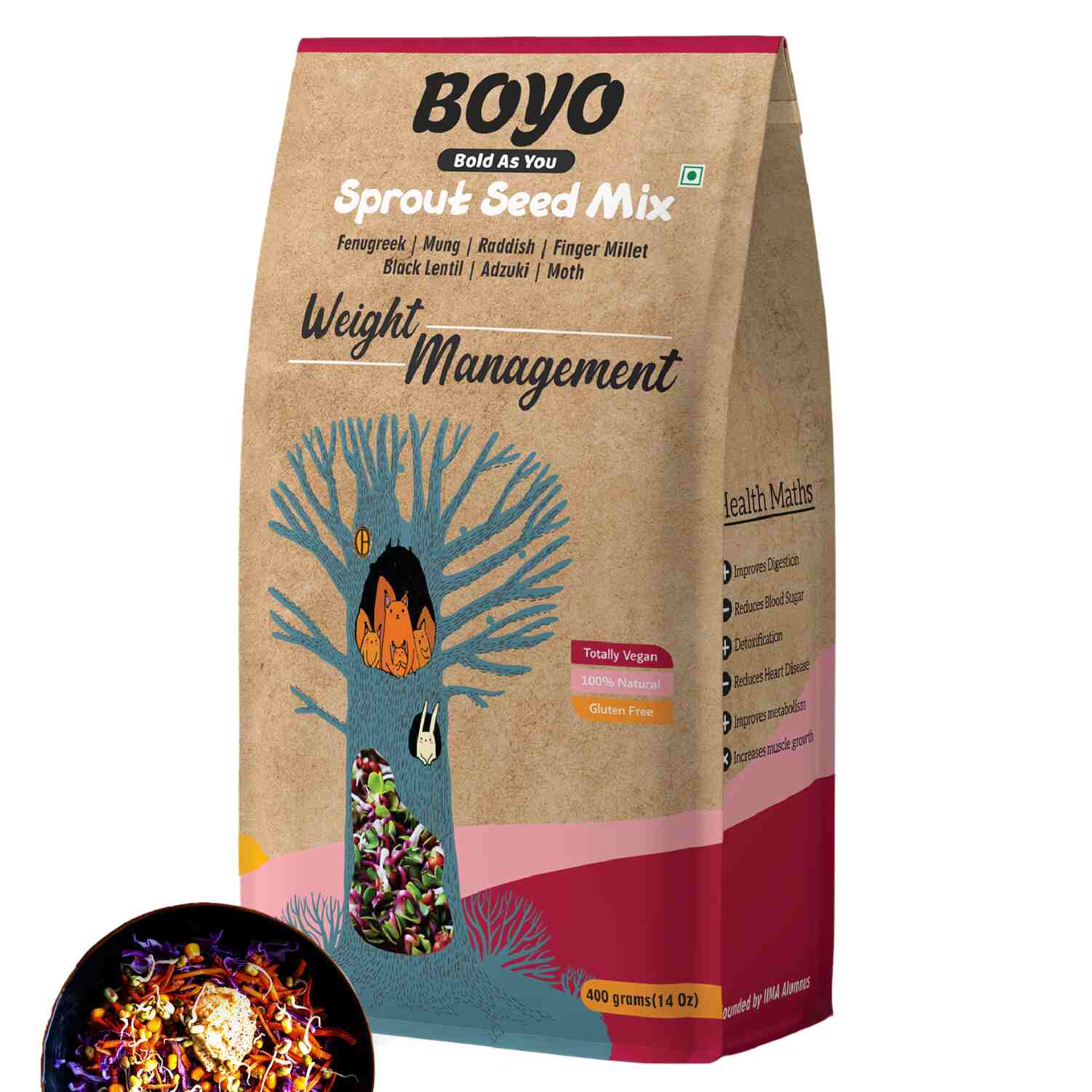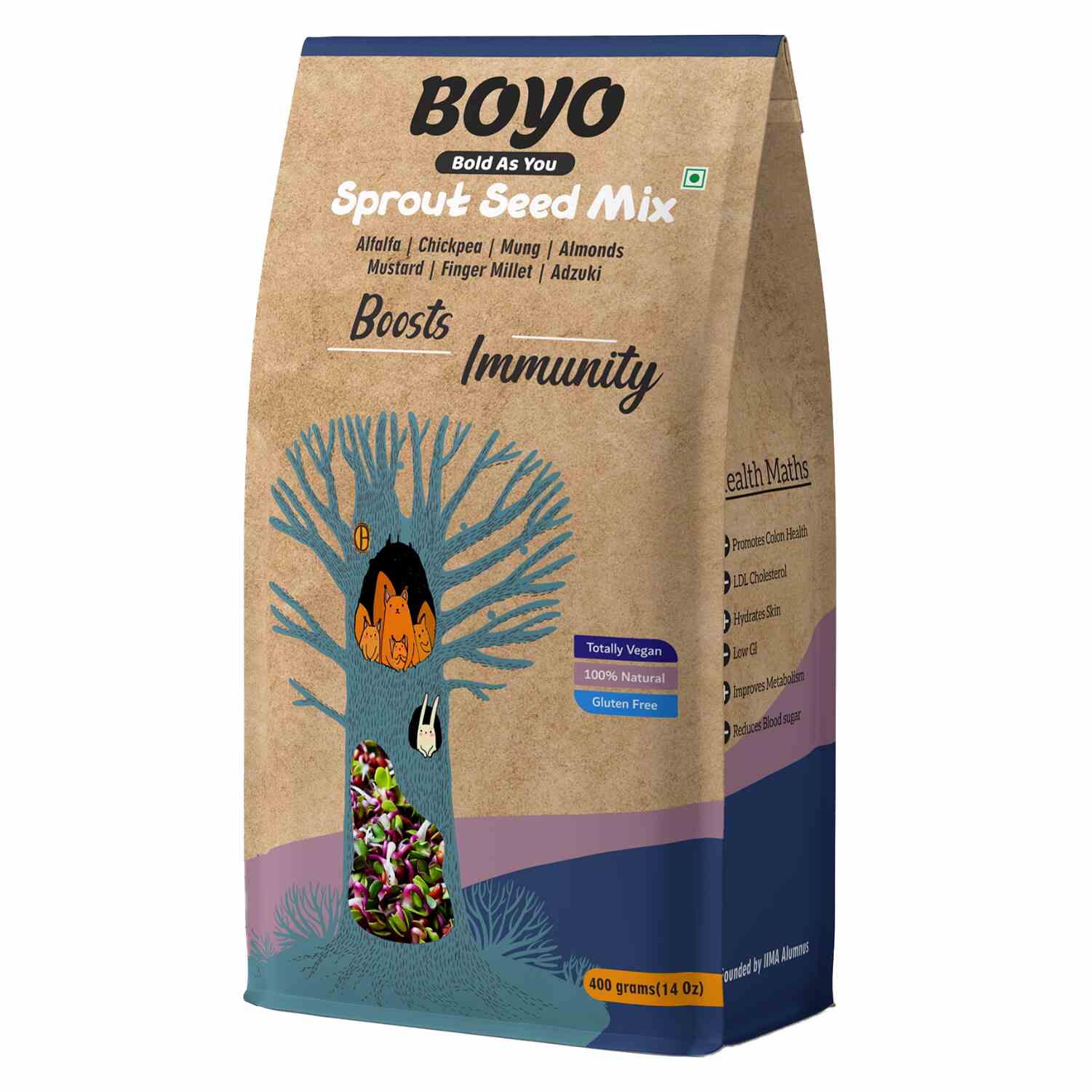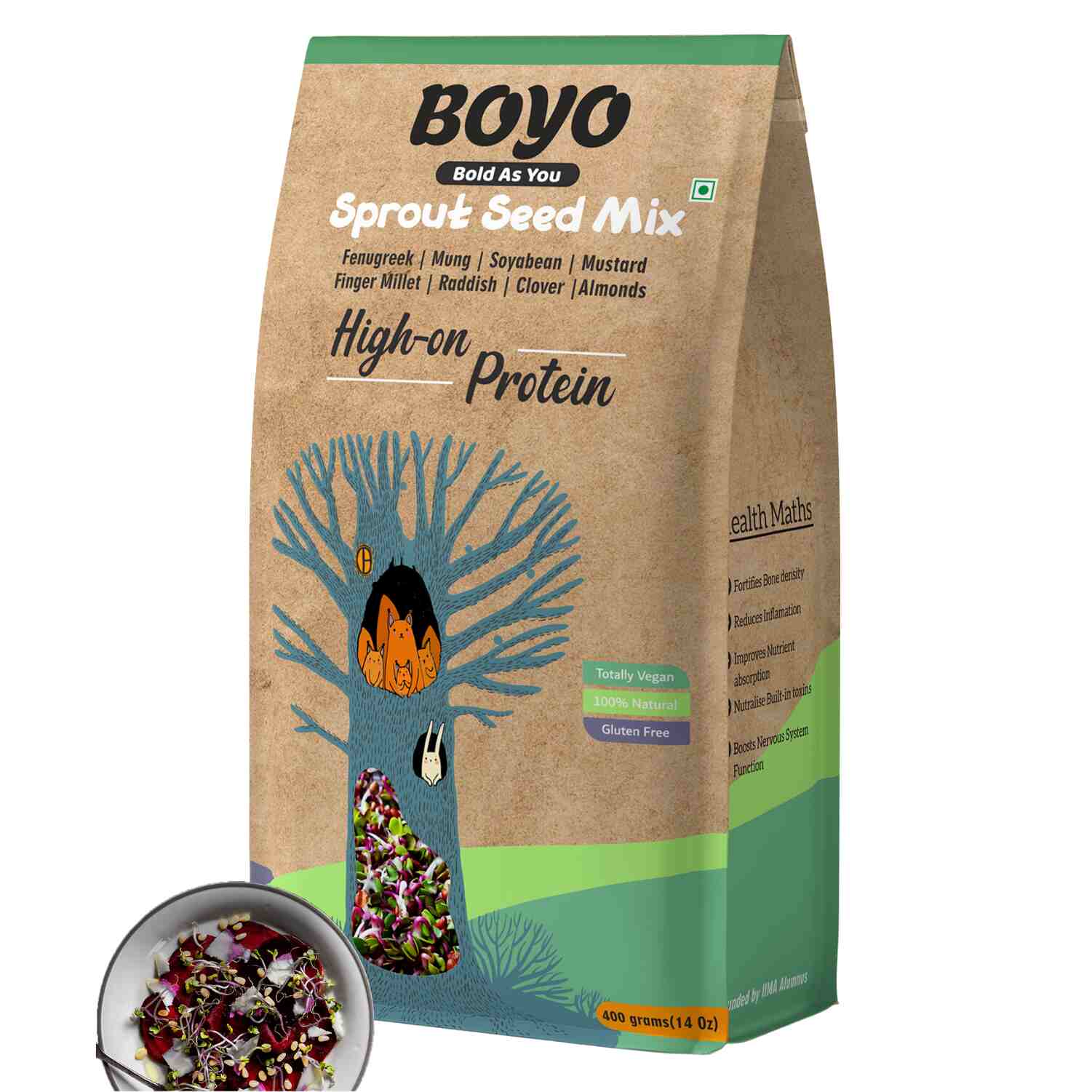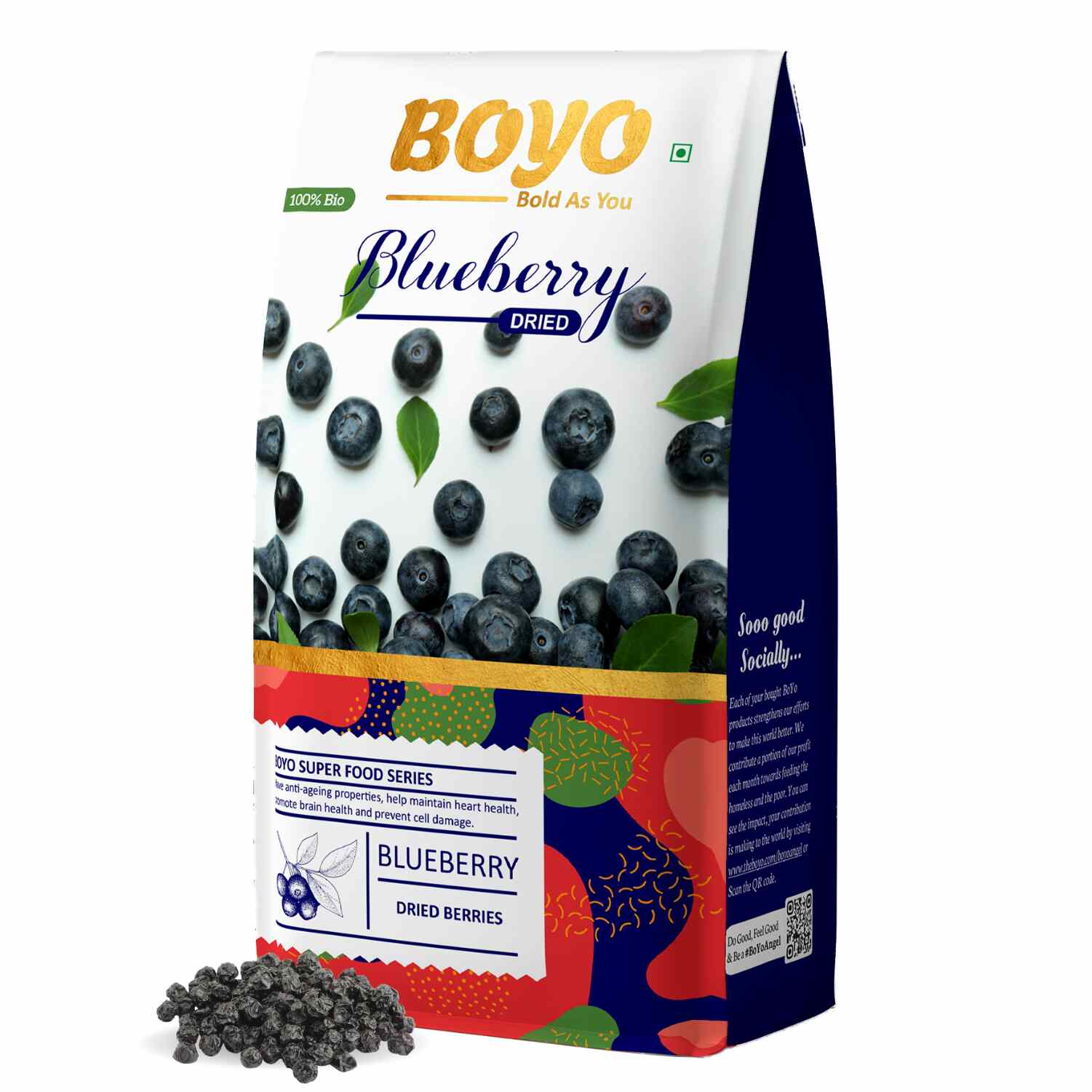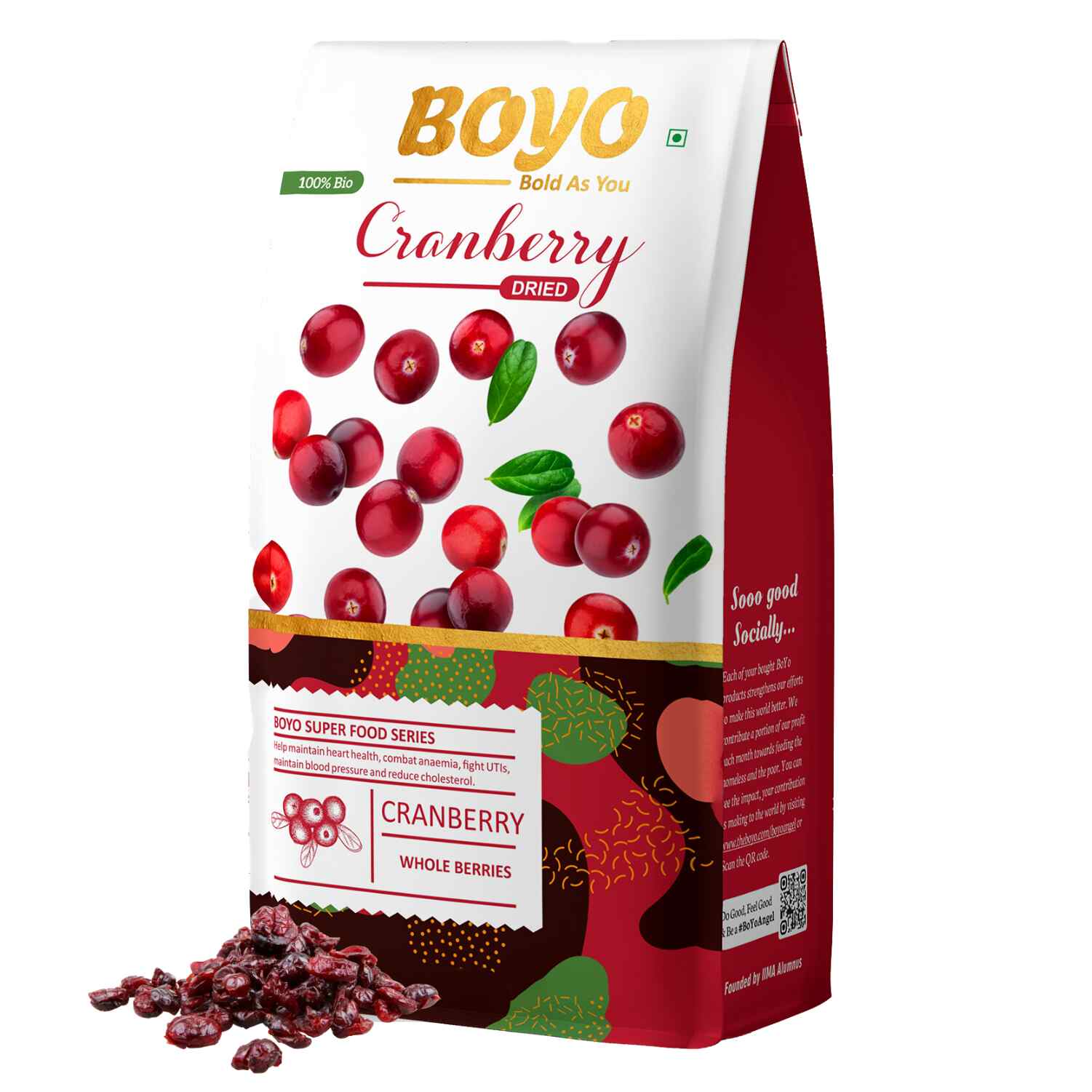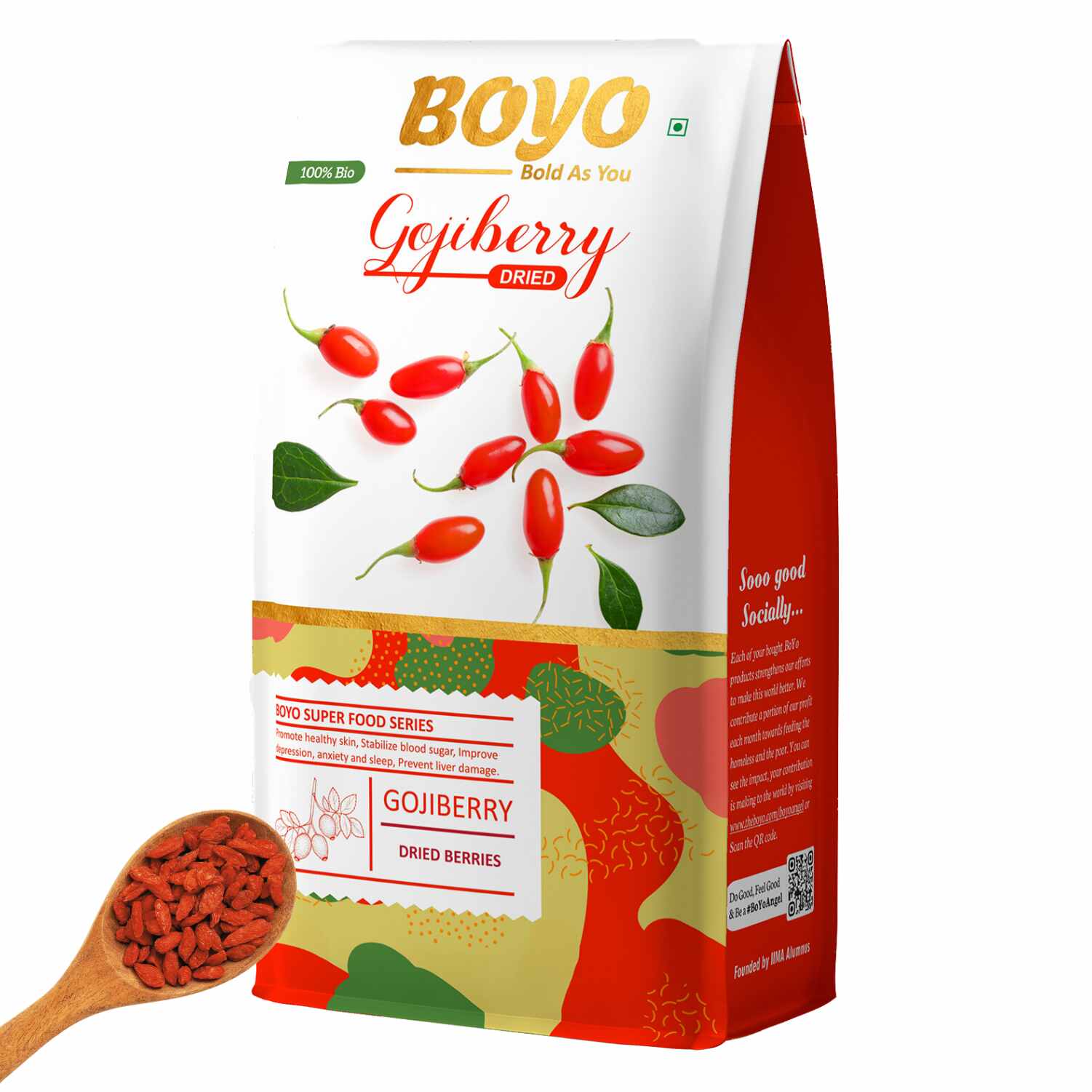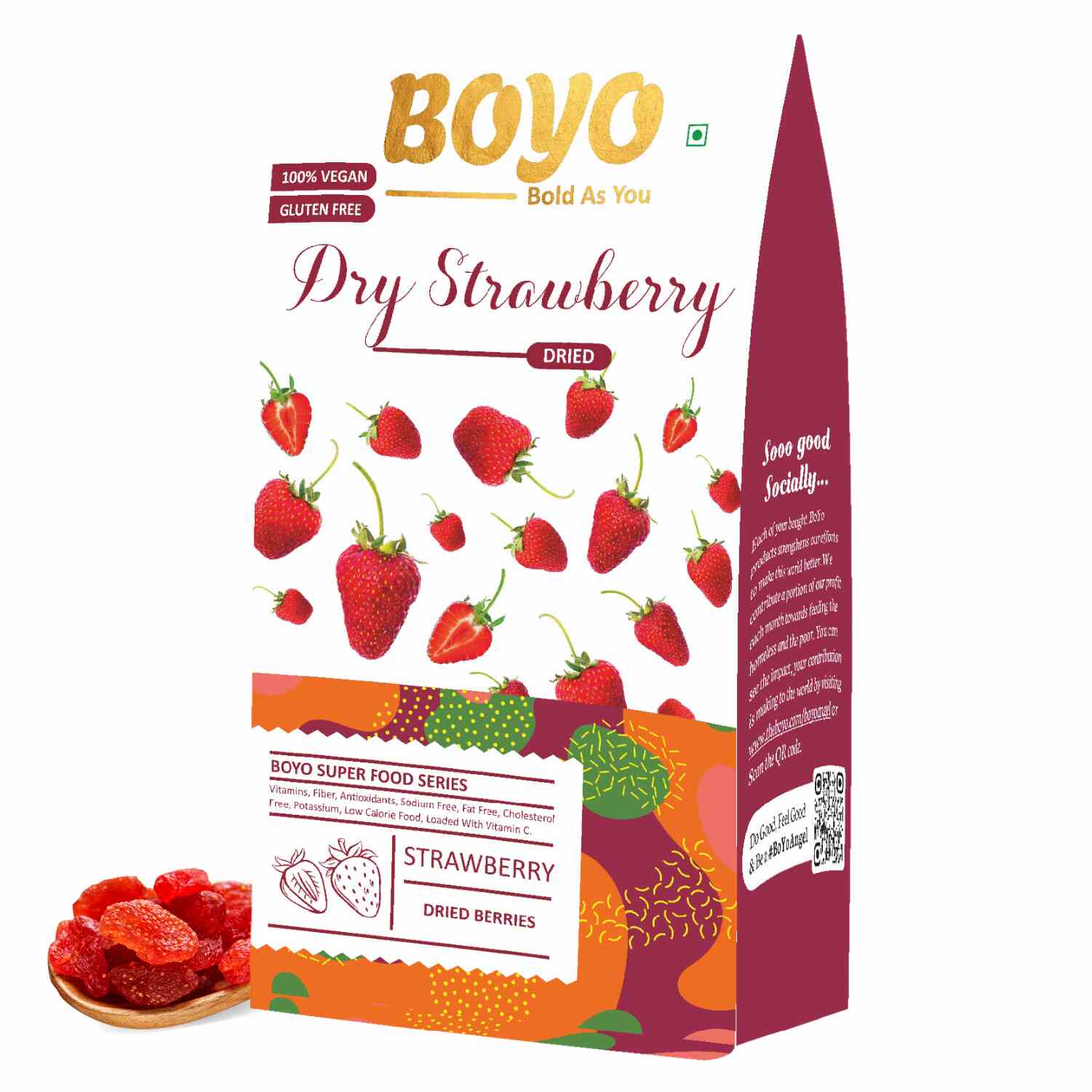Based on a standard serving size of 2 tablespoons or about 32 grams):
-
-
Calories: Peanut butter is calorie-dense, with around 180 to 200 calories per serving.
-
Fat: It contains approximately 16 grams of fat per serving, the majority of which are healthy monounsaturated and polyunsaturated fats. These fats are beneficial for heart health.
-
Protein: Peanut butter is a good source of plant-based protein, providing about 7 to 8 grams per serving.
-
Carbohydrates: Peanut butter is relatively low in carbohydrates, with around 6 grams per serving. It contains a small amount of sugar and dietary fiber.
-
Fiber: Peanut butter contains about 2 grams of dietary fiber per serving, which supports digestive health.
-
Vitamins and Minerals: Peanut butter is a good source of vitamins and minerals such as:
-
Vitamin E: An antioxidant that helps protect cells from damage.
-
Vitamin B3 (Niacin): Supports metabolism and brain function.
-
Vitamin B6: Important for brain health and metabolism.
-
Magnesium: Involved in various bodily functions, including muscle and nerve function.
-
Potassium: Supports heart health and helps regulate blood pressure.
-
Sodium: Peanut butter may contain varying levels of sodium, depending on whether it is salted or unsalted. It's important to check the label for sodium content, especially if you are watching your sodium intake.
-
Added Ingredients: Some peanut butter brands may contain added sugars, oils, or preservatives. Natural or unsweetened peanut butter generally contains just peanuts and possibly a small amount of salt.
FAQ
Q1. Is regular peanut butter healthy?
Ans. Regular peanut butter can be a healthy part of a balanced diet. It is a good source of protein, healthy fats, and essential nutrients. However, it's crucial to be mindful of portion sizes, as peanut butter is calorie-dense. Opt for varieties with minimal added sugars and avoid excessive consumption.
Q2. When should you avoid peanut butter?
Ans. Individuals with peanut allergies should avoid peanut butter and any products containing peanuts. Additionally, people with certain medical conditions, such as pancreatitis or allergies to specific ingredients in peanut butter, should consult with a healthcare professional before including it in their diet.
Q3. What are 5 uses of peanuts?
Snacking: Peanuts can be enjoyed as a nutritious snack on their own.
Peanut Butter: Peanuts are a primary ingredient in peanut butter, a popular spread.
Cooking and Baking: Peanuts can be used in various savory dishes, salads, and desserts.
Oil Production: Peanut oil, extracted from peanuts, is used in cooking and frying.
Confections: Peanuts are often used in the production of candies and confections.
Q4. What is the main purpose of peanut butter?
Ans. The main purpose of peanut butter is to provide a versatile and tasty spread that can be used in sandwiches, snacks, and various recipes. It serves as a good source of protein, healthy fats, and other essential nutrients.
Q5. Is peanut butter good for daily use?
Ans. Yes, peanut butter can be included in a daily diet in moderation. It offers a range of nutrients, including protein, healthy fats, and essential vitamins and minerals. However, it's important to be mindful of portion sizes to avoid excessive calorie intake. Choosing varieties with minimal added sugars and avoiding overconsumption is key to incorporating peanut butter healthily into a daily diet.












